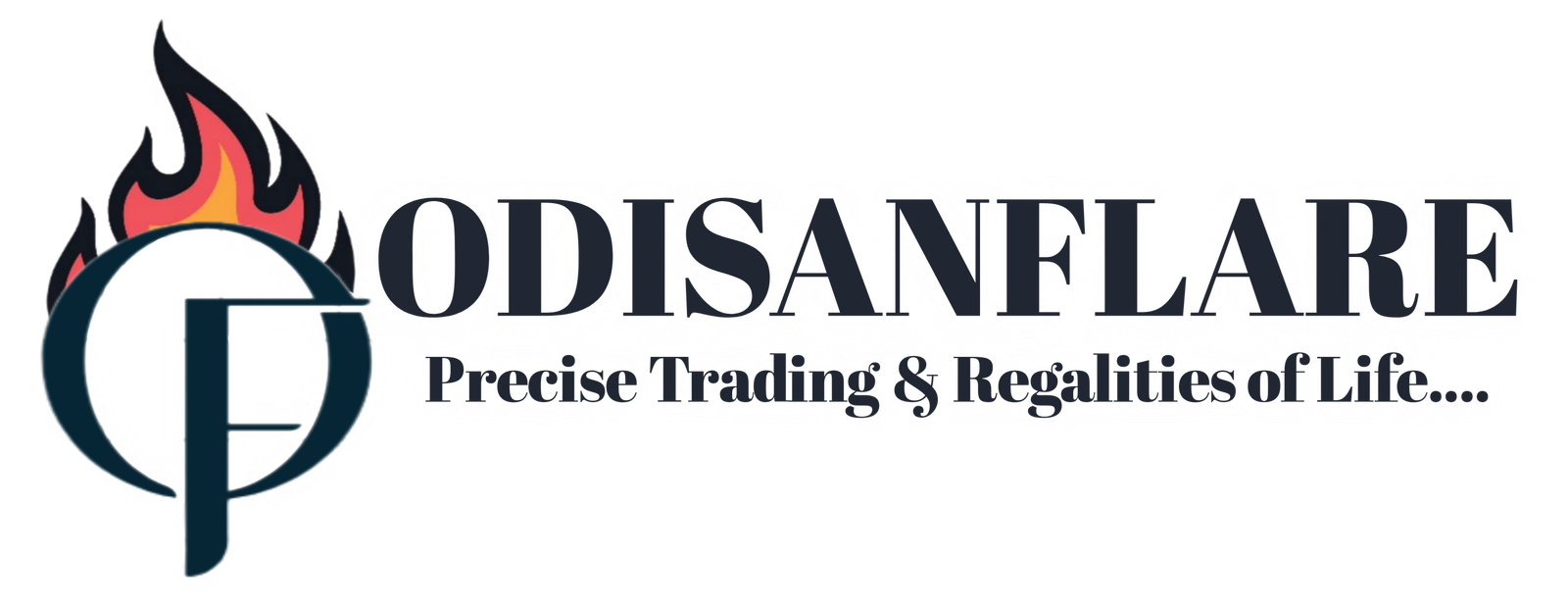The Big 5 Personality Tests
- Posted on 12 February, 2025
- Personality
- By Somto Daniel

Ever wondered why some people are naturally outgoing while others prefer quiet solitude? Or why some thrive in chaos while others meticulously plan every detail? The Big Five Personality Test—one of the most well-researched and widely accepted personality models, helps explain these differences.
Unlike other personality tests that put you into rigid categories, the Big Five measures your personality on five broad traits, each existing on a spectrum. Think of it as a sliding scale rather than a fixed box. Let’s break them down in an engaging way:
1. Openness to Experience – The Adventurer vs. The Traditionalist
This trait reflects your willingness to embrace new ideas, experiences, and creativity.
- High Openness: You’re curious, imaginative, and love exploring new cultures, cuisines, and ideas. You probably enjoy deep philosophical discussions and spontaneous adventures.
- Low Openness: You prefer routine, tradition, and practicality. You find comfort in the familiar and may be skeptical of unconventional ideas.
If you’re the kind of person who books a last-minute trip to Thailand just for the thrill, you score high here. If you prefer tried-and-true routines, that’s totally fine too!
Related stories:
👉🏾Are You an Empath?
👉🏾Does my Crush Love Me Back?
👉🏾What Are Your Dominant Personality?
2. Conscientiousness – The Perfectionist vs. The Free Spirit
This trait measures self-discipline, organization, and dependability.
- High Conscientiousness: You plan ahead, set goals, and hate missing deadlines. Your to-do list is your best friend, and you feel guilty if you don’t check off every item.
- Low Conscientiousness: You’re more spontaneous, relaxed, and go with the flow. Deadlines? Meh, you’ll get to them eventually.
Being highly conscientious is great for careers that require precision (think surgeons or accountants), while a lower score can be a strength in creative, fast-changing environments.
3. Extraversion – The Social Butterfly vs. The Quiet Observer
Ah, the classic introvert-extrovert scale!
- High Extraversion: You thrive in social settings, love meeting new people, and feel energized by lively conversations. You might be the life of the party or the one cracking jokes in meetings.
- Low Extraversion (Introversion): You enjoy solitude, deep one-on-one conversations, and find large social gatherings draining. You’re thoughtful, observant, and often need time to recharge after social interactions.
Neither extreme is “better” than the other, it’s just about how you gain and spend your energy.
4. Agreeableness – The Empath vs. The Challenger
This trait reflects how you interact with others, whether you’re warm and cooperative or more direct and skeptical.
- High Agreeableness: You’re compassionate, trusting, and always ready to help. People describe you as kind-hearted and empathetic.
- Low Agreeableness: You’re more competitive, skeptical, and prefer logical reasoning over emotions. You won’t sugarcoat things just to make others feel better.
Highly agreeable people make great caregivers, while those lower in agreeableness often excel in fields like law, business, or debate, where tough decisions must be made.
Trending Now: 👉🏽Feeling Unloved And Appreciated
5. Neuroticism – The Sensitive Soul vs. The Cool-Headed One
This measures emotional stability and how you handle stress.
- High Neuroticism: You experience emotions intensely stress, anxiety, and mood swings may be frequent. You might overthink situations and take things personally.
- Low Neuroticism: You’re calm, composed, and handle stress well. You don’t dwell on mistakes and move on quickly.
While high neuroticism can be tough, it also means you’re deeply in tune with emotions and often very empathetic. Low neuroticism can be great for high-pressure jobs, like emergency responders or CEOs.
Why Does the Big Five Matter?
Unlike many personality tests that focus on putting you in a box, the Big Five acknowledges that people exist on a spectrum. Understanding your Big Five profile can help you:
- Improve relationships by recognizing different personality traits in others.
- Find career paths that align with your natural strengths.
- Work on personal growth by being aware of your tendencies.
The Big Five isn’t about labeling you, it's about understanding yourself and how you interact with the world. No trait is “good” or “bad”, each has its own strengths and challenges. The real power of this test is in self-awareness, helping you play to your strengths while growing in areas that matter to you.
So, where do you think you fall on the Big Five scale?
You might also like:
👉🏾Why Love Alone Isn't Enough?
👉🏾Are You A Narcissist?
👉🏾True Love: A Divine Gift, Not a Fleeting Desire




0 Response